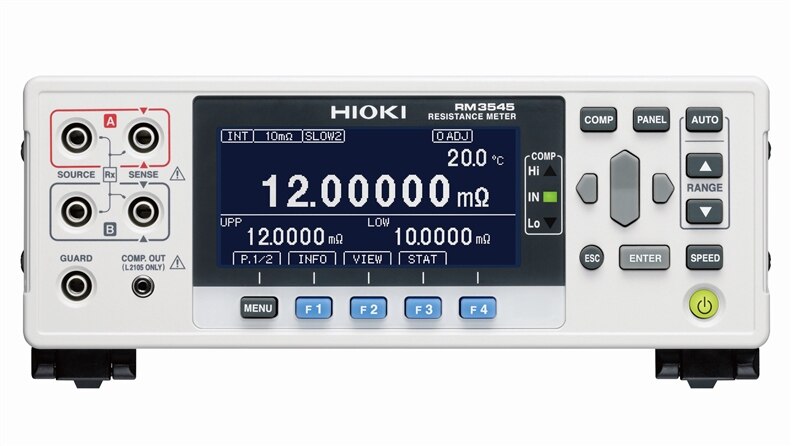If you have the time, I'd appreciate if you voted in this poll. I'd like to get a sense of your need and use of low resistance micro-ohmmeters. Thanks.
If you have the time, I'd appreciate if you voted in this poll. I'd like to get a sense of your need and use of low resistance micro-ohmmeters. Thanks.
I've wondered if one could be used to monitor the condition of copper AFILS loop tapes. One of the problems I often see is water ingress rapidly corroding them due to the close proximity to concrete. (Another is damage from carpet fitters knives during carpet repairs.) However they are often laid under expensive floor coverings which makes routine inspection difficult and expensive. Being able to monitor the condition routinely would allow for scheduling a repair before it failed completely.
Interesting use! Maybe the inductance may be an issue, although some meters may be more stable than others. Presumably the industrial meters are more immune to that.
Also, some meters may use a slow AC measurement I guess, although others use DC (such as Frank's one). That might not be an issue though.
I've never used one. Once I had to check copper thickness on a prototype board and I used a resistance measurement (1A current from a lab power supply and measured voltage drop with a multimeter) to indirectly calculate the overall copper amount. I guess it would've been useful in that situation!
I've never had one but have measured low resistance by 4 wire method using power supply (to provide current) and DMM to measure voltage drop on a few occasions.
I don't do much high current work so I've not often been interested in measuring very low remittances.
MK
I have used high-current versions a lot for measuring bolted connections on busbars and contacts on breakers. I have used them on motor and generator windings but you are getting more into the milli-ohm range and the test current gets reduced, although some manufacturers have brought out high current units to meet these demands. Earth testers also use the 4-wire resistance method as well, but again milli-ohms range, they can both AC and DC. Finally, I use battery resistance testers, such as the Hioki BT3554 that I reviewed some time ago, again more in the milli-ohm range and uses AC rather then DC.
When I hear micro-ohm meter I think of those 40A continuity tester boat anchors not something like
